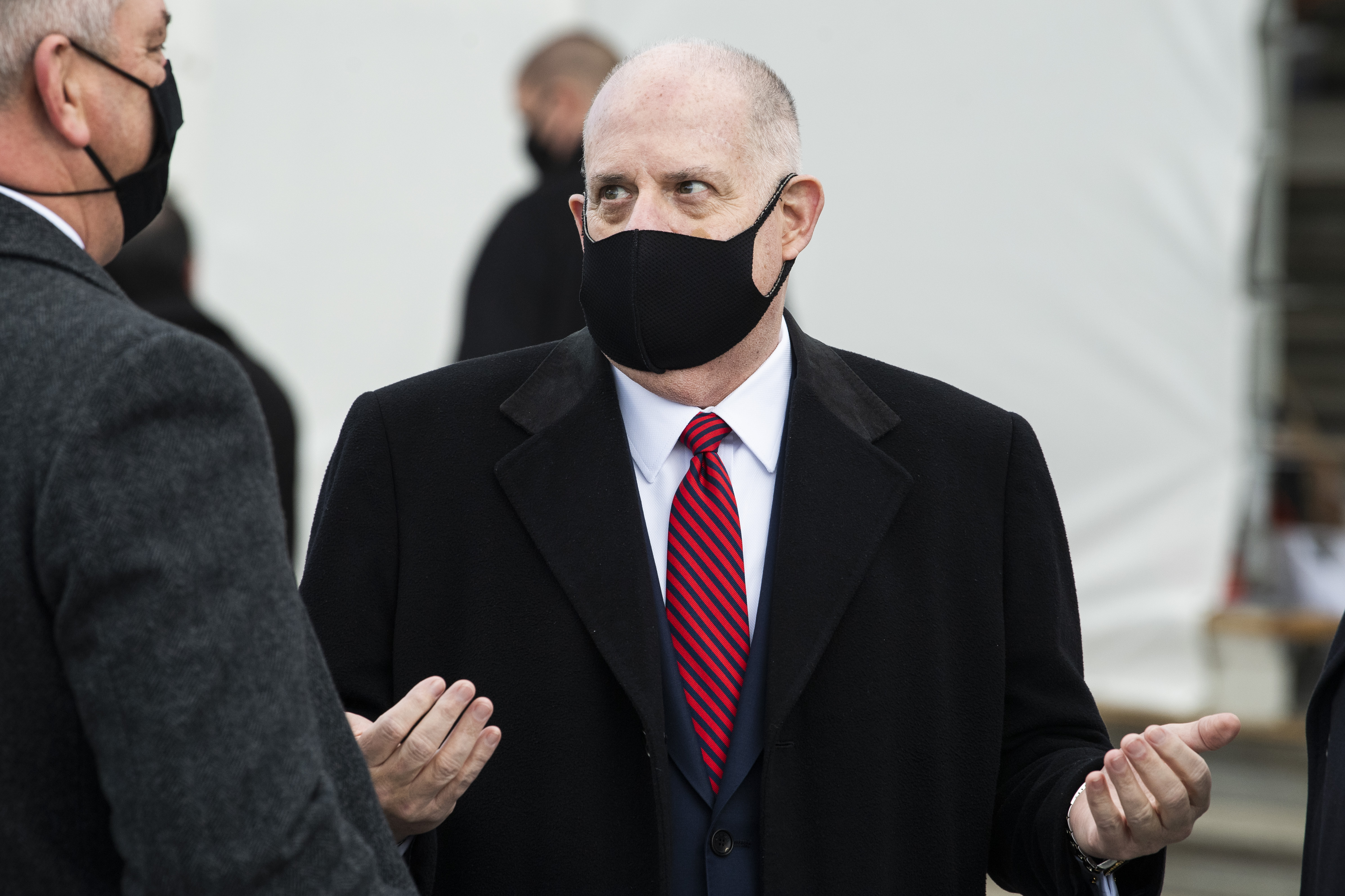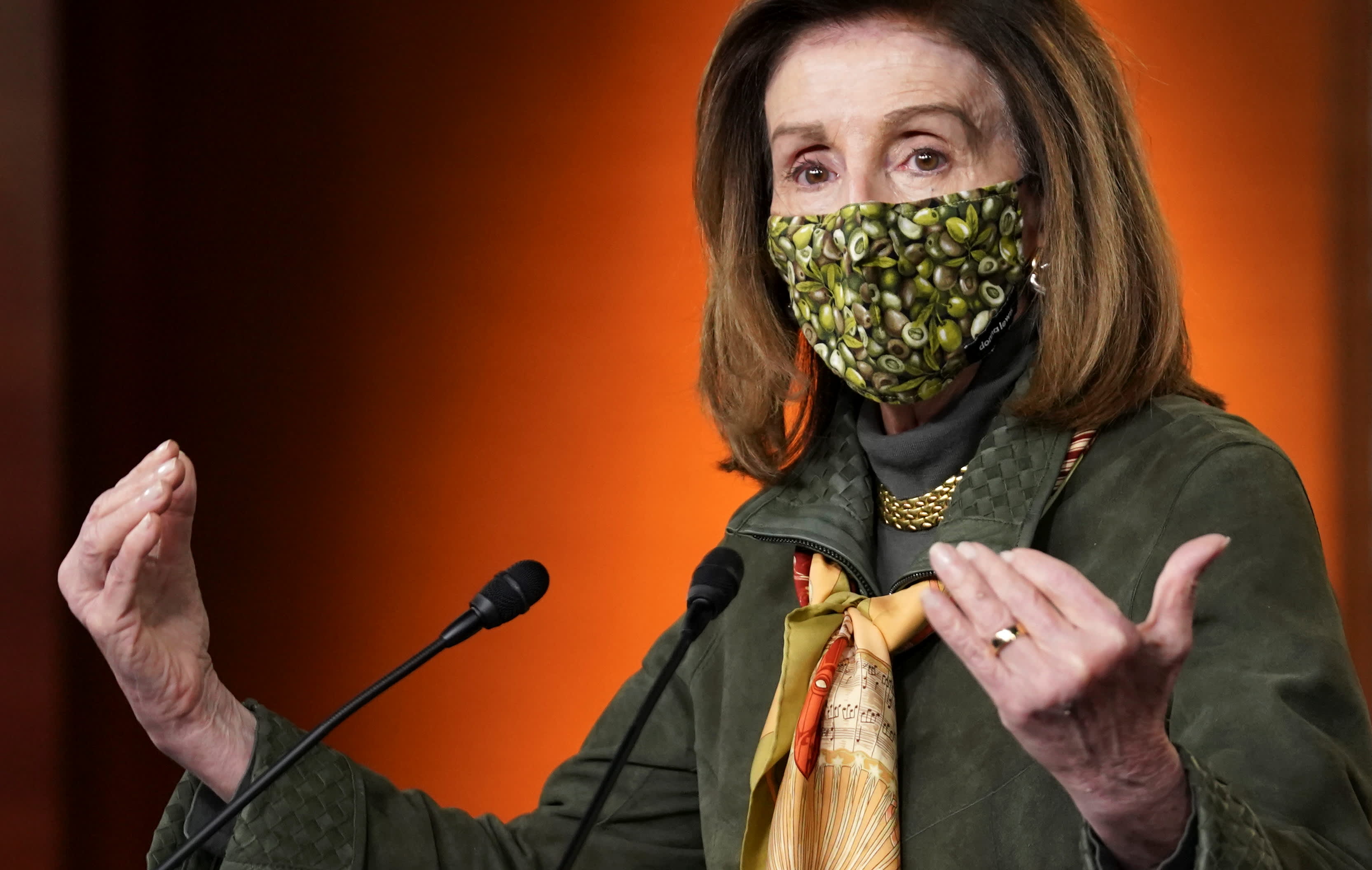
The Maryland Senate voted Friday to expand a state tax credit for low-income workers to include immigrants, including those living in the country illegally, who work and pay taxes in the state in a measure that adds to a broader pandemic relief initiative already enacted this week.
The measure, which now goes to the House of Delegates, is a follow-up to more than $1 billion in relief that passed with bipartisan support last week and was signed into law Monday by Gov. Larry Hogan.
The House added the provisions last week, but withdrew them over the Republican governor's opposition. Democrats, who control the General Assembly, are moving forward now in separate legislation.
We're making it easier for you to find stories that matter with our new newsletter — The 4Front. Sign up here and get news that is important for you to your inbox.
The measure sparked vigorous debate because it extends the state’s Earned Income Tax Credit for low-income residents to people who use individual taxpayer individual numbers, rather than Social Security numbers. That would include immigrants in the country illegally, who were left out of the initial relief bill.
The measure was approved 32-15, largely on party lines, with 31 Democrats and one Republican supporting the bill and 14 Republicans and one Democrat opposing it.
Sen. Justin Ready, a Carroll County Republican who voted against the bill, noted that the measure would cost about $60 million in each of the next three years, just as the Maryland General Assembly approved multiple tax increases last week.
“This is a very serious public policy step we’re taking," Ready said. "We’re talking about taking taxpayer money, from a taxpayer base that is one of the most burdened in the country, and it’s about to become more burdened.”
But supporters say the workers covered under the measure pay more than $100 million in taxes annually without being eligible for most tax credits or public assistance programs.
“They do the work that many Americans are glad they have been able to graduate from, and these jobs are absolutely essential," said Sen. Delores Kelley, a Baltimore County Democrat. "Think of them as the essential workers, and then they pay taxes still on the little bit that they get. But for the grace of God, we all could be in their shoes.”
The measure would affect between 60,000 and 80,000 people in addition to the broader relief measure already enacted.
The relief bill already signed into law includes immediate stimulus payments of $300 to low-income single tax filers and $500 for families.
It also will increase payments under the state's EITC for this year and the next two years.
The expansion will mean people who qualify for the tax credit in Maryland will get an average of about $1,100 a year, according to Robin McKinney, co-founder and CEO of the CASH Campaign of Maryland, which helps low-income residents file taxes. McKinney described it as “a game-changer” for more than 400,000 people who qualify. It would be a lump-sum payment.
“Imagine a household that’s making $15,000," McKinney said. “This is going to be the largest check that they get the entire year.”
The bill signed by Hogan on Monday helps small businesses by providing up to $9,000 in sales tax relief. It also repeals state and local income tax on unemployment benefits and includes $1,000 payments to people who have unemployment claims in limbo.



